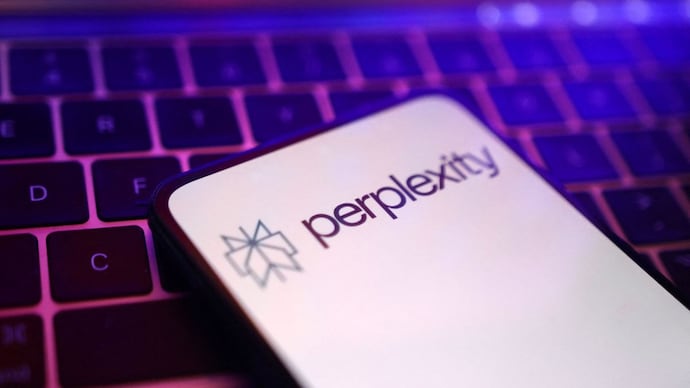The lawsuit has been filed by Nikkei and Asahi, the publications claim that this material is stealing
AI companies often use data from various news websites to provide electricity to their services. Now these companies are prosecuted by media organizations. The line is the latest.

Perplexity is again subject to the scanner. Young but extremely ambitious and fast growing AI startup, starring Arvind Srinivas, who recently caught the eyeball to write a letter to Google CEO Sundar Pichai, who is demanding to buy chrome, two of the world’s largest media houses have been sued: Nikki and Prashan Shimban of Japan. Both organizations have accused them of stealing and storing their content, even ignoring technical safety measures, which prevents this, strengthens its AI search engine.
The move is part of the increasing wave of dissatisfaction between publishers around the world, alleging that AI crawling threatens the future of both news as well as the future of reliable journalism with monetary implications. Even the Digital News Publishers Association (DNPA), which represents India’s major news outlets, is taking a strong stand against the unauthorized use of materials by AI companies such as perplexity and others.
Nikkei (owner of Financial Times) and Asahi Shimbun say that illegally copied materials were used illegally from their websites to train their AIs, which were then used to answer questions posted by users in many of their products.
The idea (for perplexity and other AI companies) is to eventually become a search engine, but in the traditional sense the world does not associate it like Google Search, with it. Srinivas is really on record to say that AI would soon make traditional discovery fruitless, and it was the time to customize and develop Google – something that is already doing through AI mode in AI interview and Google search.
But because all this is based on AI, the cavity is that it requires data, and this data needs to be reliable for which AI must crawl websites such as Nikkei and Asahi Shimbun. No proper back-linking for the original source of information, or the risk of the worst, misleading or false information, are some of their biggest concerns.
These concerns are also global now, underlining the urgency of reforms in an era and the accountability of technical companies where AI seems unavoidable. Indian news publishers are not foolish. Many people have initiated or prepared legal action against AI companies for copyright violations. In November 2024, the Asia News International (ANI) filed a case against the Chatp-Maker Openai in the Delhi High Court, alleging that its copyright content was used to train AI without consent and some AI reactions were coined and falsely held responsible.
In Japan, AI training is partially allowed on copyright materials, but AI companies are not allowed to copy and store materials without permission. These companies are also made mandatory to honor the “robots.txt” code websites such as guardrils, often used to indicate that their content cannot be scraped by automated craler. The US copyright law is slightly tight.
Labeling works by AI companies on journalists’ efforts as a “commercial-free ride”, DNPA has urged the Government of India to establish a clear legal framework, which requires the permission of AI platforms before using copyright content and implementing the fair revenue-sharing model. The DNPA spokesman said in a prepared statement, “AI innovation is important, but it cannot come to the cost of reducing journalism, which is the cornerstone of democracy.”
In the United States, the New York Times has filed a similar case against Openai. In Europe, while some publishers have signed licensing deals with AI companies, others continue to block AI Craler from their websites. DNPA is advocating a balanced approach, where AI can thrive within a fair and transparent system that compensates the creators to their work and ensures that readers can continue to rely on reliable journalism.
On its behalf, Perplexity has signed some revenue-sharing partnership, although there is no one in India. It has done this with publications like Fortune, Time, Le Monde, Der Speigel and Los Angeles Times. The AI Startup has also estimated $ 42.5 million to compensate media houses for the revenue generated from the comet web browser and AI Assistant. Perplexity was established in 2002 and currently priced at $ 18 billion.





